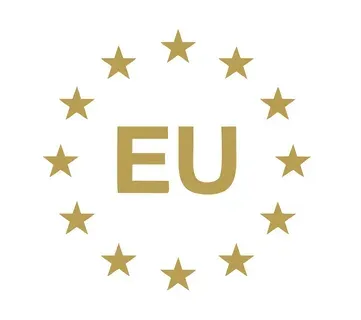16.10.2024
Private schools in Europe – alternatives to expensive british and american boarding schools
Over 1,000 children used to leave Russia each year to study in foreign secondary schools. Until 2022, more than half of these students went to the United Kingdom, while nearly 20% traveled to the United States. Despite British and American boarding schools consistently ranking among the top three most expensive in the world—second only to Switzerland—the share of students attending schools in other countries was relatively small. However, Russian families are now seeking new locations for their children's education, primarily driven by the desire to reduce costs.


Private schools in Europe – alternatives to expensive british and american boarding schools

Europe offers alternatives to pricey British boarding schools. European private schools are well-known worldwide, as many of them provide an excellent education based on high international quality standards, along with comfortable living environments in beautiful cities rich in history.
Notably, these schools are significantly more affordable. Additionally, studying at a school in Europe can serve as a stepping stone to attending prestigious yet reasonably priced universities in these countries.
Is it still possible to study abroad in the current climate? Yes, almost all educational institutions accept children holding Russian passports, and EU study visas can be obtained. Currently, only Belgium, Latvia, Lithuania, the Czech Republic, and Estonia have imposed a complete ban on issuing visas. The rest of the countries are granting student visas.
How to Choose a Specific School?
European schools vary significantly in terms of curricula, focus areas, and specializations. Each school has its own atmosphere, shaped by local traditions and culture. The success of a child’s education, emotional well-being, development of strengths and talents, future prospects in higher education, and overall happiness often depend on selecting the right school.
First, it is essential to clearly define your priorities and answer the following questions in detail:
Notably, these schools are significantly more affordable. Additionally, studying at a school in Europe can serve as a stepping stone to attending prestigious yet reasonably priced universities in these countries.
Is it still possible to study abroad in the current climate? Yes, almost all educational institutions accept children holding Russian passports, and EU study visas can be obtained. Currently, only Belgium, Latvia, Lithuania, the Czech Republic, and Estonia have imposed a complete ban on issuing visas. The rest of the countries are granting student visas.
How to Choose a Specific School?
European schools vary significantly in terms of curricula, focus areas, and specializations. Each school has its own atmosphere, shaped by local traditions and culture. The success of a child’s education, emotional well-being, development of strengths and talents, future prospects in higher education, and overall happiness often depend on selecting the right school.
First, it is essential to clearly define your priorities and answer the following questions in detail:
- What exactly do you want to provide your child through education at a foreign school?
- Are there family preferences regarding the country, region, city, or culture?
- Is instruction needed in English, Russian, or another language?
- Which type of international diploma interests you—more universal options like AP, or specialized A-levels?
- What type of accommodation and living conditions are preferred?
- What is your maximum annual budget and total budget for all years? Is there a need for additional scholarships?
- Is strict discipline required, or would a warmer, family-like atmosphere be preferable?
